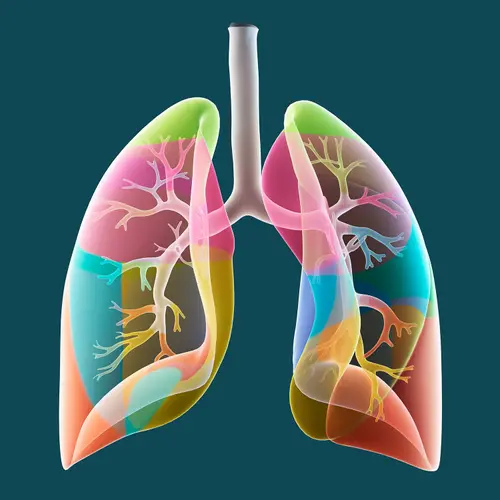There’s a lot you can do to lower your chances of getting lung cancer. The No. 1 thing is to not smoke and to avoid other people’s secondhand smoke.
If you've never smoked cigarettes, your risk of lung cancer is low. If you currently smoke, especially if you are a heavy smoker, your odds of developing lung cancer can be 30 times higher than the risk for a nonsmoker. How long you've smoked also matters.
You’ll also want to avoid other things that put you at risk:
Radon gas. This is a colorless, odorless, radioactive gas that soil and rock can give off. It can seep up through the foundation and build up inside well-insulated homes.
Asbestos. It’s a risk if you work with it.
Lung cancer runs in some families, but since you can’t change that, focus on the things that you do control.
What Can I Do to Prevent Lung Cancer?
Although you can’t prevent every case, you can take steps to reduce your risk.
- If you smoke, make it your top priority to quit. It’s hard to do. And it often takes several tries before you kick the habit for good. Still, thousands of people do quit successfully, making lung cancer less likely. Talk to your doctor about the most effective ways to quit.
- If you live or work with people who smoke, encourage them to quit and ask them not to smoke around you.
- Avoid beta-carotene supplements. Studies show that it can make lung cancer more likely in people who smoke.
- Check your home for radon. Most hardware stores carry an inexpensive and easy-to-use kit that accurately measures radon levels.
- If you work with cancer-causing chemicals, follow all the safety rules to protect yourself.
- Exercise and eat a diet rich in fruits and vegetables. These healthy habits will lower your risk of several forms of cancer, as well as heart disease and diabetes.
